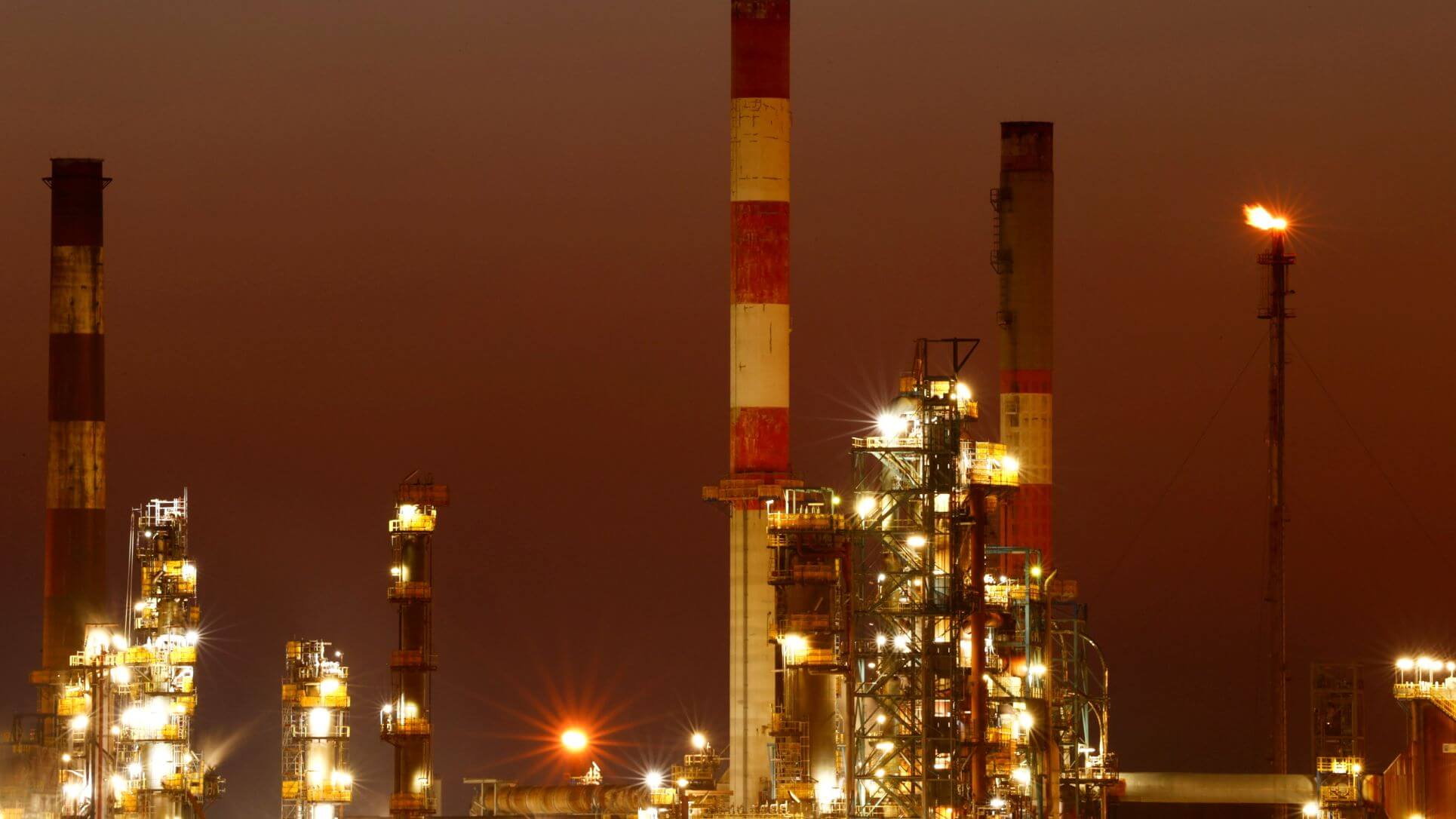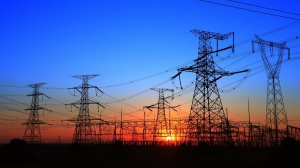
European financial regulators are examining relief measures to defuse a crisis for energy suppliers, as power prices surge following Moscow's slashing of supplies.
The European Union's markets watchdog is considering how to ease a requirement on energy firms to stump up increasing amounts of cash to back derivatives contracts, with one solution leaving banks on the hook.
WHAT'S THE PROBLEM?
Energy firms sought to buffer themselves from price rises through derivatives tied to the future cost of energy. But no-one expected prices to rocket as they have.
The companies' derivatives, which to guard against higher prices, could now be their undoing.
In order to keep these contracts open, the companies must post a "margin" in cash but that has ballooned with rising prices following Russia's invasion of Ukraine.
That margin is posted with a clearing house, which holds the cash to underpin the working of the market.
Higher prices on positions held at clearing houses - and the cash demands they triggered - has left companies scrambling to find the money, threatening solvency.
HOW COULD IT BE SOLVED?
The European Commission, due to propose a package of emergency measures on Wednesday, has said that rules could be changed to loosen the requirement for posting cash. It could, for instance, take a bank guarantee instead.
Using EU carbon emission allowances, could also work, according to market players. Each allowance or permit to pollute, which can be traded between companies, is the equivalent of one tonne of carbon dioxide.
In the meantime, many European countries are offering state-backed loans and guarantees to tide firms over until a regulatory fix is in place.
The EU's European Securities and Markets Authority is also considering the use of "circuit breakers" or temporary halts in trading energy contracts following big price moves, giving markets a breather.
WOULD BANK GUARANTEES WORK?
Only with a waiver to existing rules.
Typically a bank, for a fee, agrees it would complete a payment if an energy company went bust. It's similar to letters of credit from banks which are widely used in U.S. physical oil trading.
EU derivatives rules already allow for bank guarantees as margin by some companies - as long as they are backed by security. That makes them expensive.
A waiver from this rule expired in 2016. That would need to be reintroduced.
WON'T BANKS NEED MORE CAPITAL?
Guarantees should only be extended to energy companies and banks should not be allowed to use guarantees from other banks, one clearing industry official with knowledge of the discussion said.
Clearers may argue that this intervention won't harm banks because a simultaneous collapse of both banks and energy firms is highly unlikely.
Banks, therefore, should be able to avoid hefty capital requirements to cover the guarantees they offer, the argument runs.
In practice, however, much will hinge on the European Central Bank, which regulates leading lenders in the euro zone. If they are cautious, banks could be asked to stump up more capital.
WHY ARE CLEARERS NERVOUS?
Clearing houses are nervous about any step to weaken their defences, particularly after the London Metal Exchange's clearing arm had to roughly double its default fund earlier this year due to rocketing nickel prices.
Clearing industry officials say bank guarantees should be offered only if they are "fully committed" and "on demand", meaning a bank must agree to pay up immediately to make sure the clearer does not get stuck with the bill.
WOULD EU EMISSION ALLOWANCES WORK?
Up to a point.
The allowances are popular and hotly traded. Power companies need them to comply with the EU's carbon trading rules, meaning there is a ready market for them.
But the value of the benchmark EU allowance contract has plummeted almost 30% in the past month, in part due to fears over the economic fallout of war.
Policymakers are already discussing selling more such allowances to raise as much as 20 billion euros ($20.35 billion), partly to pay for alternatives to Russian gas.
But that would put more permits on the market, likely depressing prices.
(Additional reporting by Susanna Twidale, editing by John O'Donnell and David Evans)
Thanks for signing up to Minutehack alerts.
Brilliant editorials heading your way soon.
Okay, Thanks!

